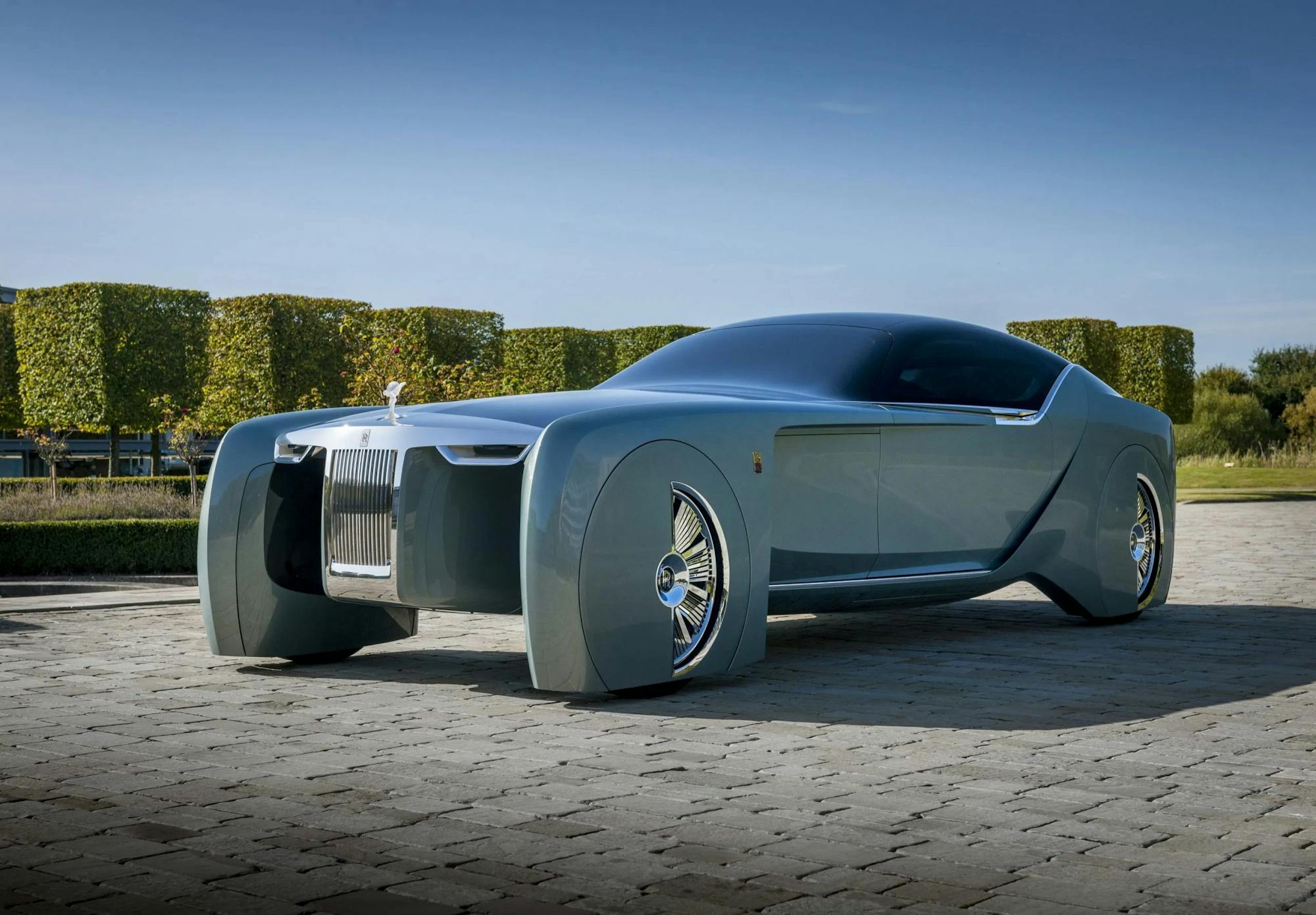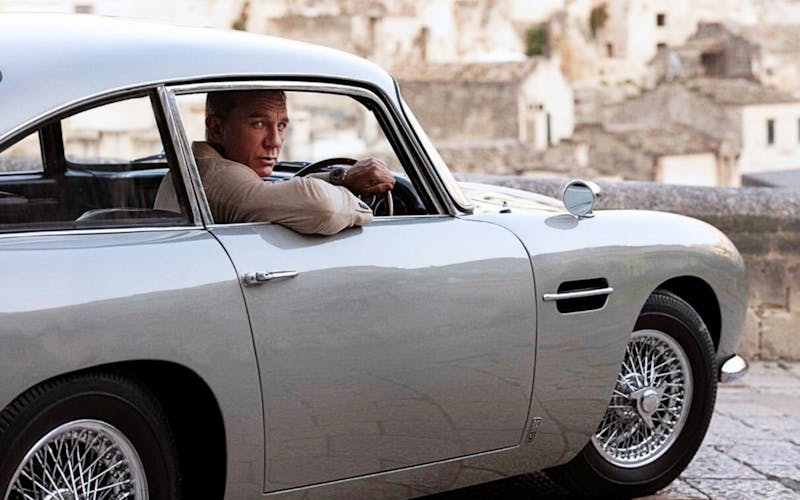

for Walpole members and
non-members available now
at The Londoner



Only a decade or so ago, when the electric car era began to loom ever more purposefully into view, there were many who were already wincing at what such a seismic shift in technology might mean for prestigious brands such as Bentley and Rolls-Royce Motor Cars. Could these two grand dames of British automotive tradition, whose long histories are so entwined in the combustion engine, even survive such an earth-shaking transition?
Well into the 21st century, both brands have continued to play on their timeless associations and original spirit. Think of the Bentley boys and girls of the Thirties who put driving pleasure at the heart of the brand, or of those flagship V12 Rolls-Royce engines whose reassuring sound had long been a key part of the company’s allure. How would the tradition of hand-built engines translate into an era of shopped-in motors, wires and batteries?
And yet 10 years on, Bentley’s Chief Executive Officer Adrian Hallmark has confidently announced that the first of its all-electric models will launch by 2025 with four to follow until 2030, when Bentley will no longer offer a combustion engine model. This year alone, various Bentayga and Flying Spur hybrids are available, with 20 per cent of all sales in 2022 likely to be hybrid. Rolls-Royce’s Chief Executive Officer Torsten Müller-Ötvös, meanwhile, has declared that its first electric model will be the Spectre. A spiritual successor to the Phantom Coupé, it will be delivered at the end of 2023 and is currently being tested to within an inch of its life. The entire Rolls-Royce range will be electric by 2030. But when did this sea change start looking so natural and, well, seamless?
The first thing worth saying is that it’s taken time to get here. And before we get the bunting out, the two brands still need to deliver on their plans. There’s also nothing better at focusing the mind than government legislation compelling the entire industry to embrace electrification – and realising that no one gets special treatment. As low-volume producers still operating in their own factories, there’s no doubt that for Bentley and Rolls-Royce being part of big automotive groups – Volkswagen and BMW respectively – has had its benefits too. Volkswagen’s Chief Executive Officer Herbert Diess has been an almost zealotry leader on electrification among traditional OEMs (Original Equipment Manufacturer), and Bentley falls into the group’s ambitious plans, helping to fund the £2.5bn required to upgrade the Crewe factory and roll out its five electric model plan.
Customer tastes regarding electric cars have also changed quickly. Hallmark cites research from five years ago that stated 30 per cent of luxury car buyers wanted to buy electric in the next five years. Now that figure has doubled. Perhaps the most overlooked piece of the puzzle has been just how well electric power seems to suit these brands and vice versa. Serene progress, hushed cabin noise and instant and effortless acceleration are existing attributes for both brands that will only be improved in the electric era. Let’s not forget that Charles Rolls was interested in electric cars more than a century ago, noting: “The electric car is perfectly noiseless and clean. There is no smell or vibration, and they should become very useful when fixed charging stations can be arranged.” How right he still is. Though charging stations are less of a concern when your customers tend towards shorter trips and have charging options at home and work.
Range still matters, of course, and the freedom to drop everything for an impromptu grand tour if the whim strikes you is a brand requirement. Here recent improvements in battery technology have certainly helped make these first electric models feasible. Expectations are that another jump will come in the second half of this decade, which can be used on later models in the line-up.
In the wider conversation around sustainability, both brands are essentially craft businesses whose products are built to last decades, so they have a head start over large-scale manufacturers. Bentley’s Crewe factory achieved carbon-neutral status in 2019, while upwards of 65 per cent of Rollers are still on road.
Both brands have enjoyed strong sales periods during the pandemic, which helped add pep to their new directions – as well as a sense that they control their own destinies. Indeed, in 2021, Rolls- Royce Motor Cars delivered the highest-ever annual sales in the marque’s 117-year history. As the embryonic electric market grows, there are further opportunities ahead to shape the experience: how to replace the theatre of the engine, what the luxury refuelling experience looks like, what new opportunities and details might arise from the new configuration. After all, innovation has been another constant in their respective histories.
Those who were worried how these two might survive in this brave new world probably overlooked a simple fact – they’ve been around more than 100 years for a reason.





